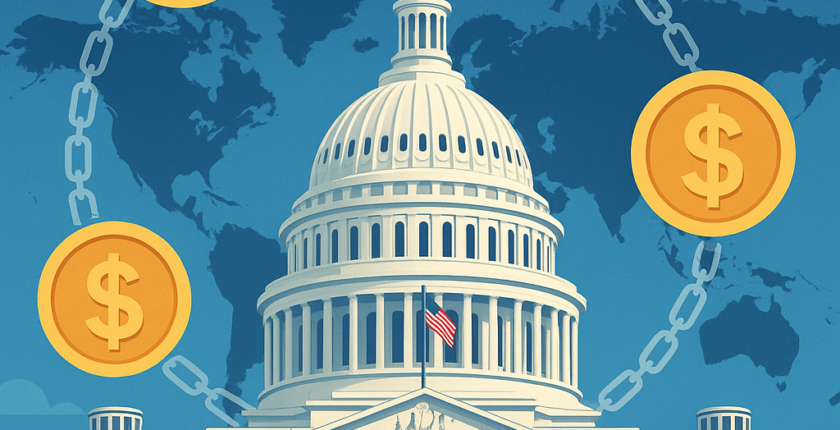Victory for Crypto: U.S. Repeals Controversial Broker Reporting Rule for DeFi and Non-Custodial Platforms
In a major win for the crypto industry, the U.S. Treasury Department and IRS have officially scrapped a highly controversial tax reporting rule that targeted decentralized and non-custodial crypto platforms. The repeal marks the end of a drawn-out regulatory battle over how—and whether—non-traditional crypto intermediaries should report user transactions to the federal government.
🚫 Rule Aimed at DeFi and Non-Custodial Providers Gets Axed
Originally finalized in December 2024, the rule sought to expand broker reporting requirements under Section 6045 of the Internal Revenue Code to cover a broader range of digital asset participants, including DeFi protocols, validators, and hardware wallet providers. Critics argued that the rule was unworkable, posed serious privacy risks, and overreached the intent of existing tax law.
Industry groups quickly mobilized against the regulation. Coin Center, led by Executive Director Jerry Brito, was among the first to speak out. They were joined by major voices like the Blockchain Association, the DeFi Education Fund, and the Texas Blockchain Council, all of whom called the rule a threat to both privacy and innovation.
- CoinCentral and Binance both published articles detailing the repeal and its implications for the DeFi sector.
- Cryptonews also reported that the US Treasury officially scrapped crypto broker reporting rules after a Congressional vote.
- Thomson Reuters tax and accounting published an article stating that in keeping with a resolution signed by President Trump in April, the IRS has revoked final regulations addressing the application of digital asset broker gross information reporting on decentralized finance, or DeFi, brokers that regularly effectuate front-end services.
The IRS and Treasury have now formally removed the amendments, restoring the previous version of Section 6045. The repeal also eliminates language that could have implicated individuals running or contributing to decentralized protocols as “brokers.”
✅ Crypto Industry Sees Win for Privacy and Practicality
The repeal has been widely celebrated across the Web3 community. Industry stakeholders called the rule overly broad and practically impossible to implement for non-custodial services. Critics feared it would undermine user privacy and hamper the development of open, decentralized systems.
Because the repeal was legislative, no new public comment period was required. The decision was made official upon its publication in the Federal Register in July 2025.
🔍 A Broader Regulatory Battle Continues
While this repeal marks a key moment for crypto advocates, it also underscores the ongoing push-pull between regulators and innovators in the digital asset space. The outcome shows that while oversight is evolving, broad-based rules that don’t account for technical and operational realities in Web3 are unlikely to survive unchallenged.

